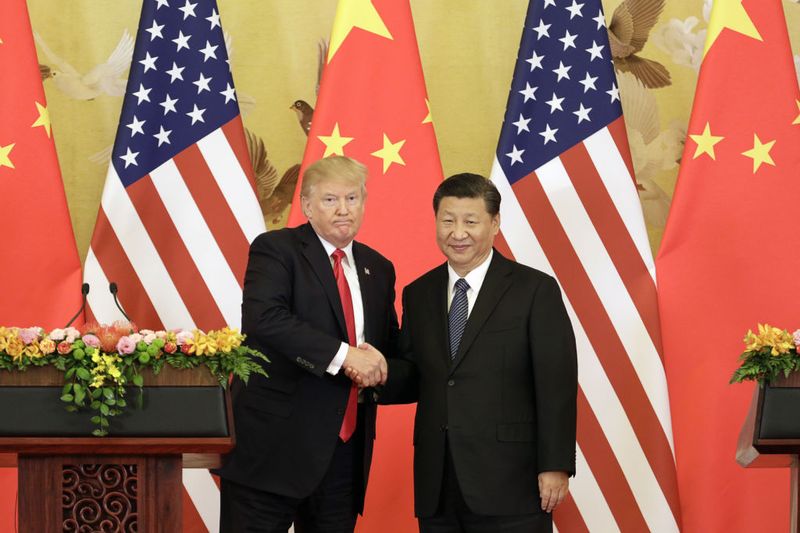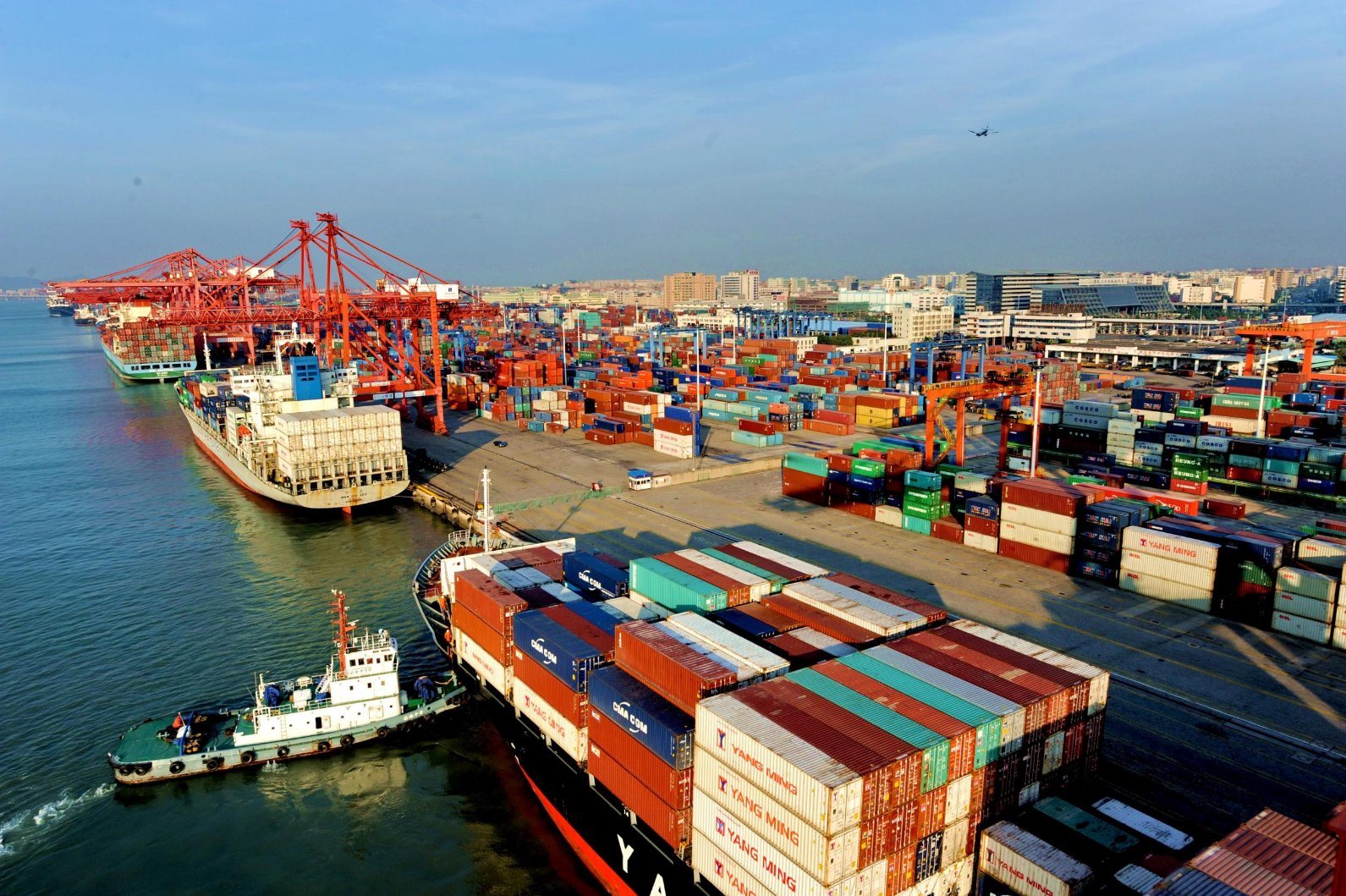U.S., China agree trade war ceasefire after Trump, Xi summit
Share

China and the U.S. agreed to a ceasefire in their bitter trade war on Saturday after high-stakes talks in Argentina between U.S. President Donald Trump and Chinese President Xi Jinping, including no escalated tariffs on Jan. 1.
Trump will leave tariffs on $200 billion worth of Chinese imports at 10 per cent at the beginning of the new year, agreeing to not raise them to 25 per cent “at this time”, the White House said in a statement.
“China will agree to purchase a not yet agreed upon, but very substantial, amount of agricultural, energy, industrial, and other product from the U.S. to reduce the trade imbalance between our two countries,” it said.
“China has agreed to start purchasing agricultural product from our farmers immediately.”
The two leaders also agreed to immediately start talks on structural changes with respect to forced technology transfers, intellectual property protection, non-tariff barriers, cyber intrusions and cyber theft, services and agriculture, the White House said.
Both countries agreed they will try to have this “transaction” completed within the next 90 days, but if this does not happen then the 10 per cent tariffs will be raised to 25 per cent, it added.
The Chinese government’s top diplomat, State Councillor Wang Yi, said the negotiations were conducted in a “friendly and candid atmosphere”.
“The two presidents agreed that the two sides can and must get bilateral relations right,” Wang told reporters, adding they agreed to further exchanges at appropriate times.
“Discussion on economic and trade issues was very positive and constructive. The two heads of state reached consensus to halt the mutual increase of new tariffs,” Wang said.
“China is willing to increase imports in accordance with the needs of its domestic market and the people’s needs, including marketable products from the U.S., to gradually ease the imbalance in two-way trade.”(Reuters/NAN)






















